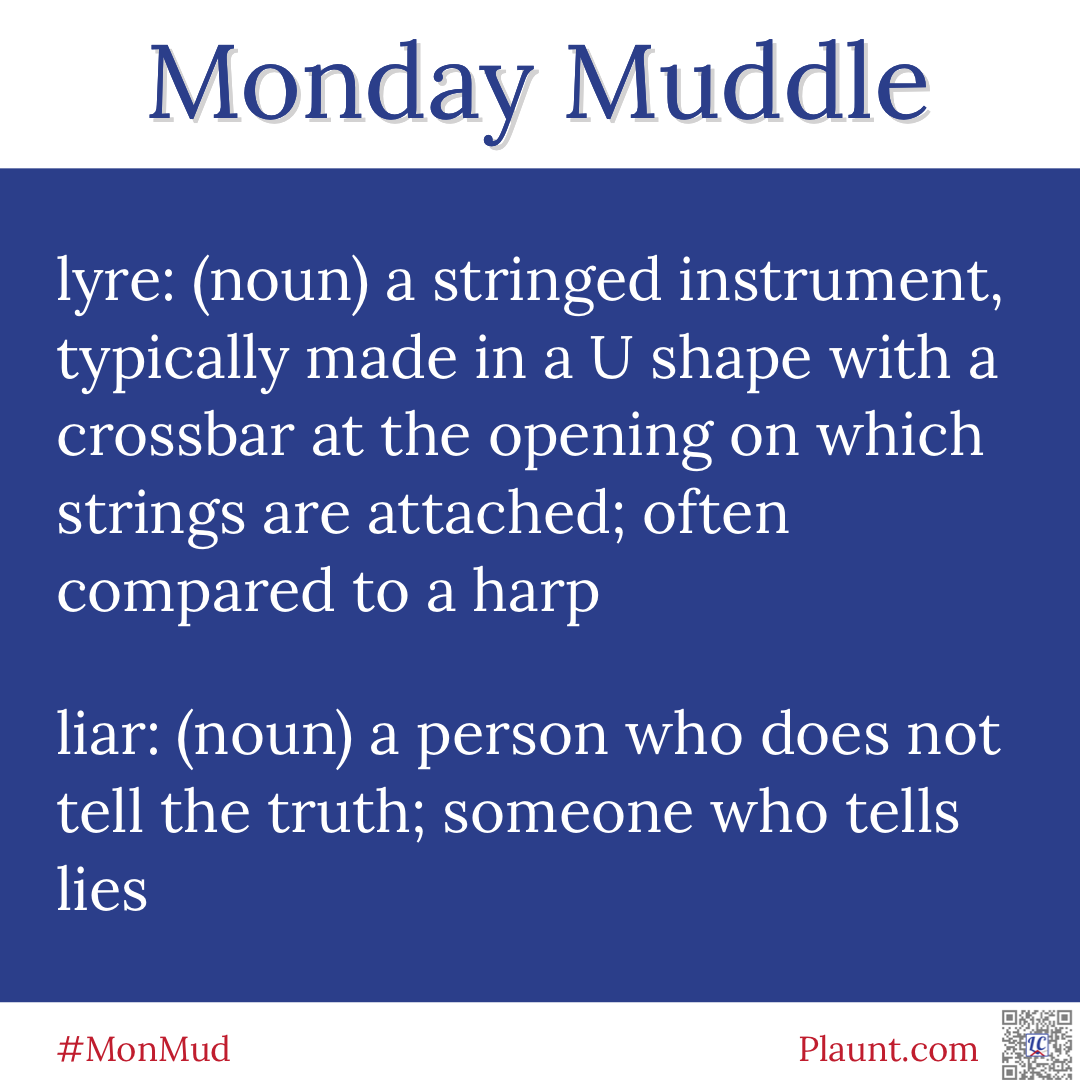A comparative adjective (worse) is used when you are comparing two things. A superlative adjective is used when you are comparing three or more things. Unless you are comparing sausage, and then you may need to use “wurst”.
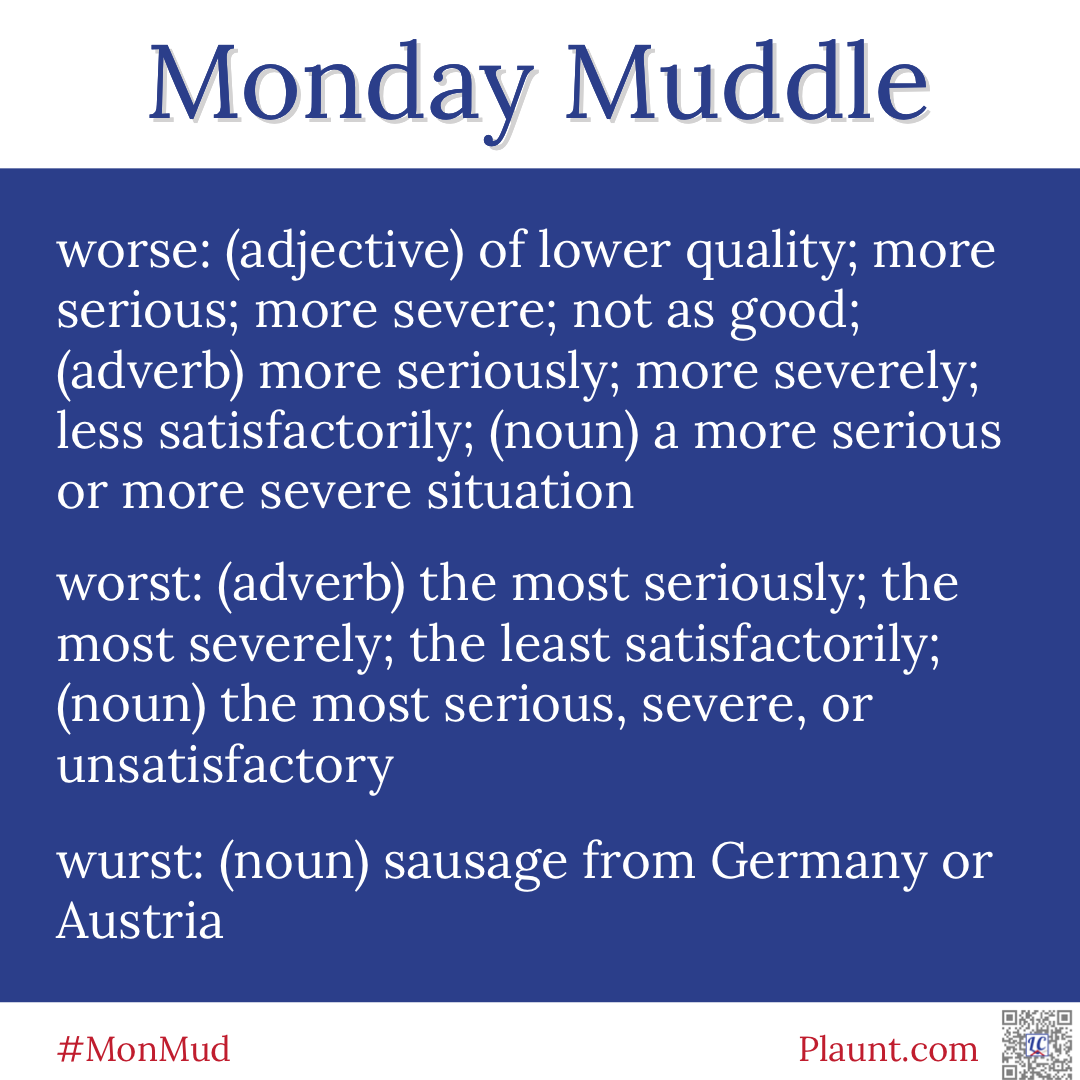
A comparative adjective (worse) is used when you are comparing two things. A superlative adjective is used when you are comparing three or more things. Unless you are comparing sausage, and then you may need to use “wurst”.

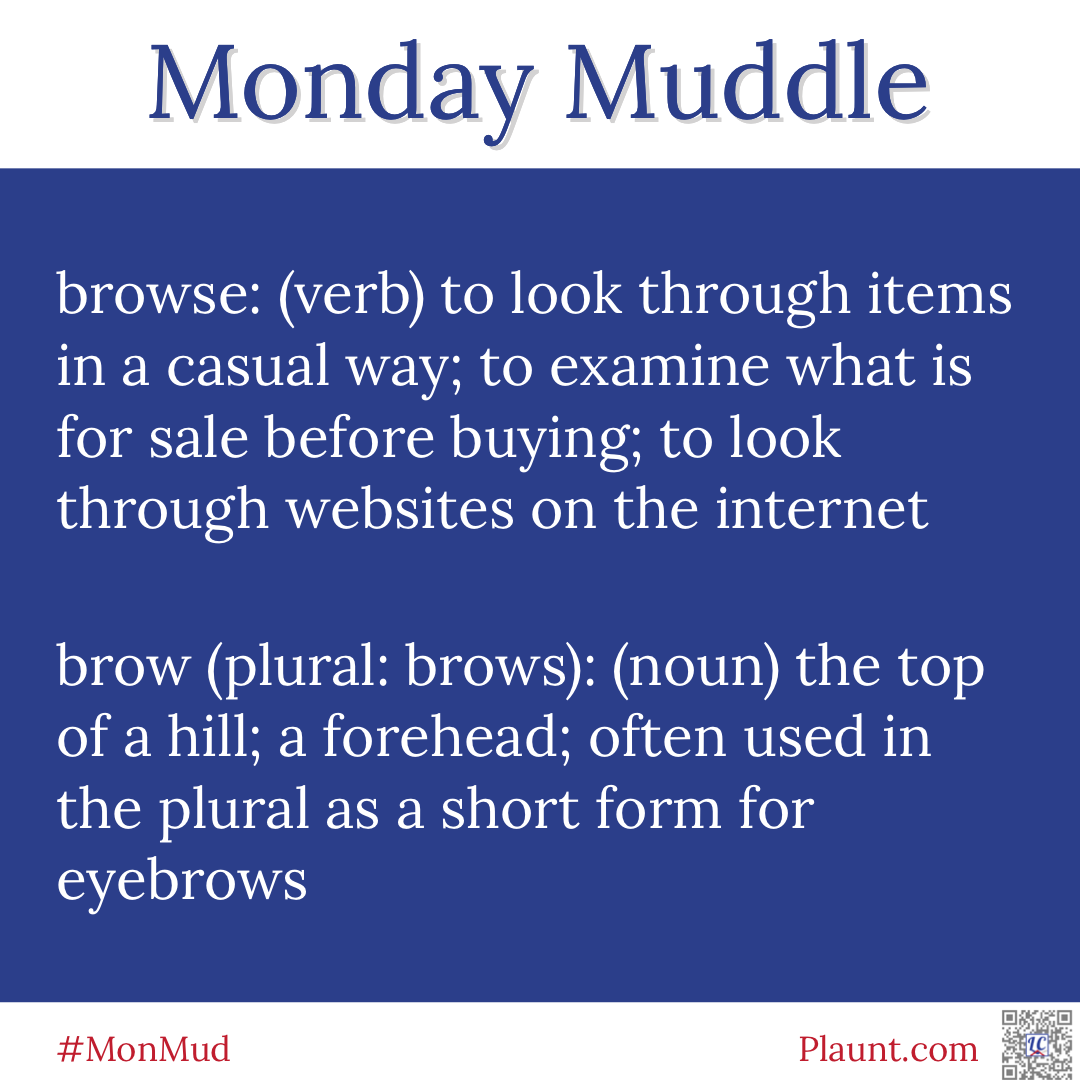
A couple important points to remember:
You probably wouldn’t stalk shelves.
A laughing stalk is probably some kind of character in an animated feature. A laughingstock is a person, or thing, that is being ridiculed or mocked.
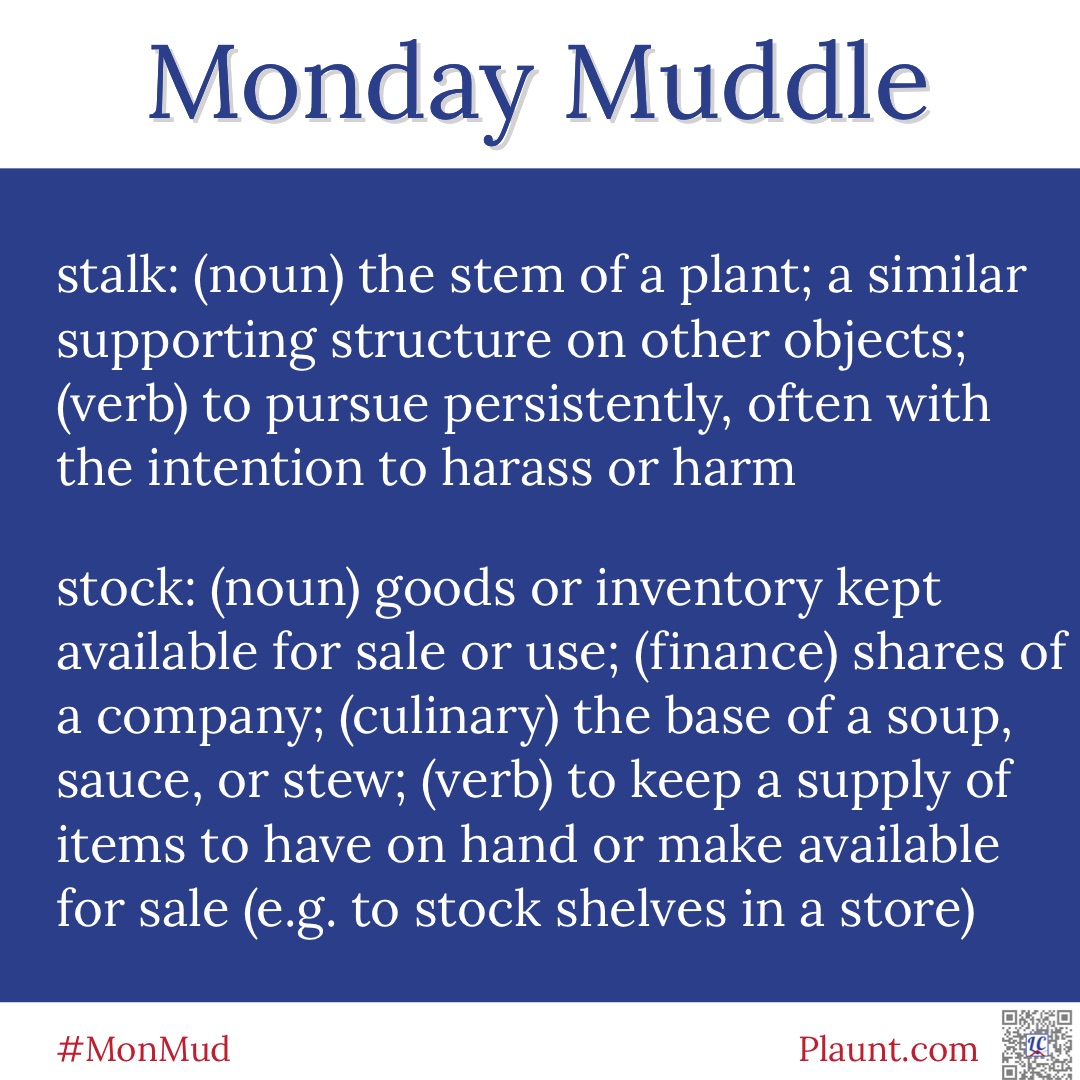
“What is the rational?” does not mean the same thing as “What is the rationale?”
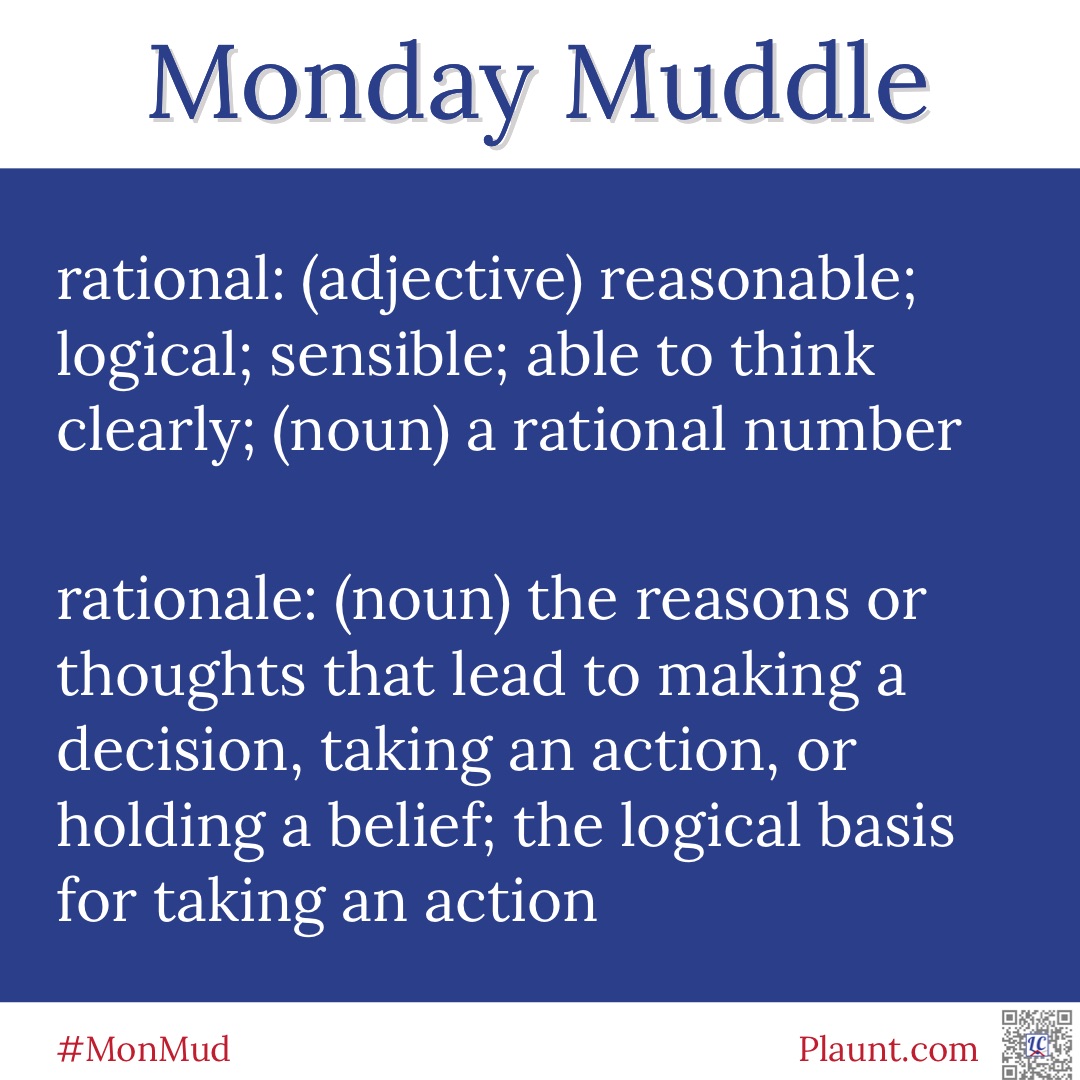
To wander about a place is not the same as to wonder about a place. If you have never been to a place, you may have wondered about it, but you have not wandered about it.
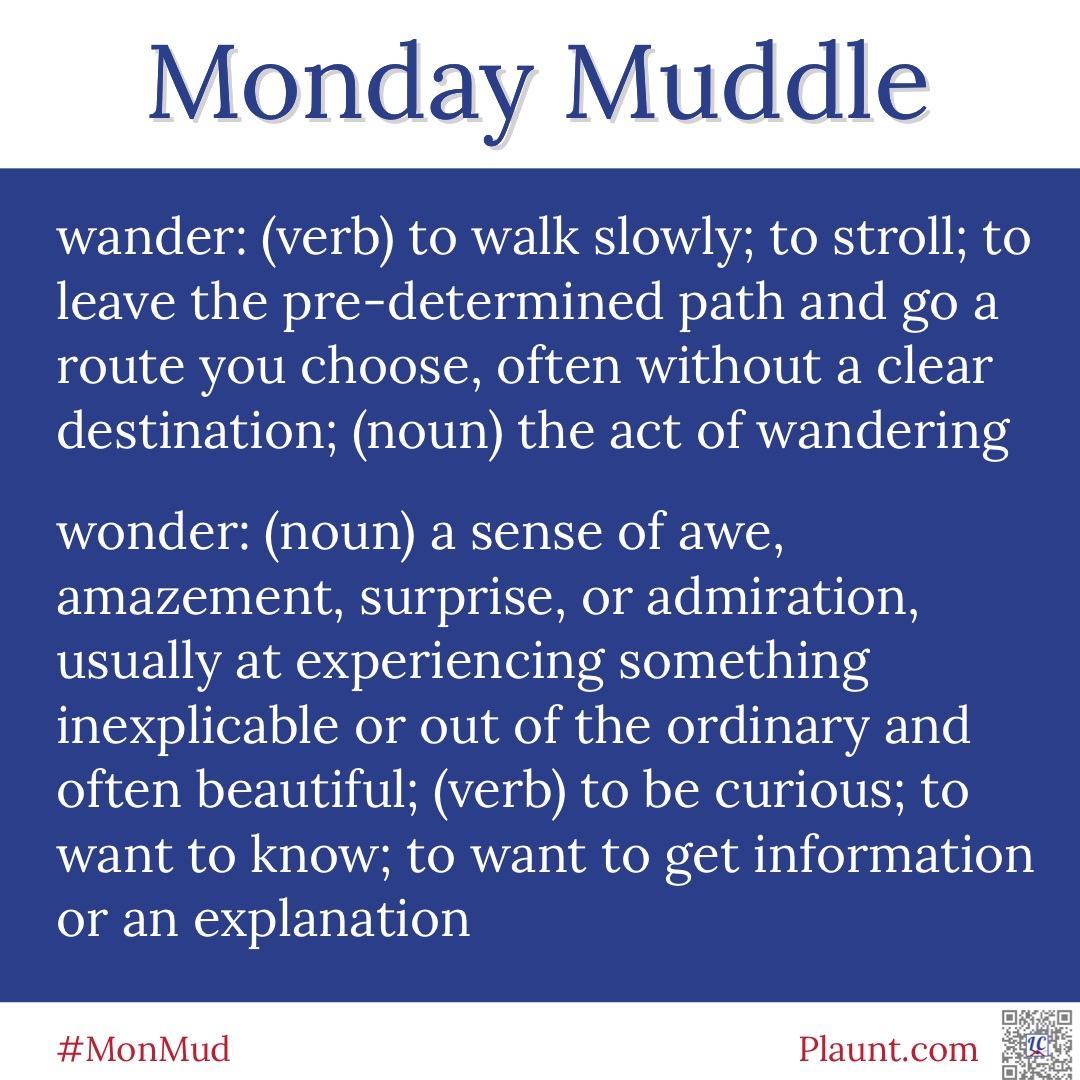
If you see a sign for “Tutoring”, someone is offering to help you with your academic pursuits. If you see a sign for “Tutoring”, that could possibly be an offer for historical reenactments or house renovations.
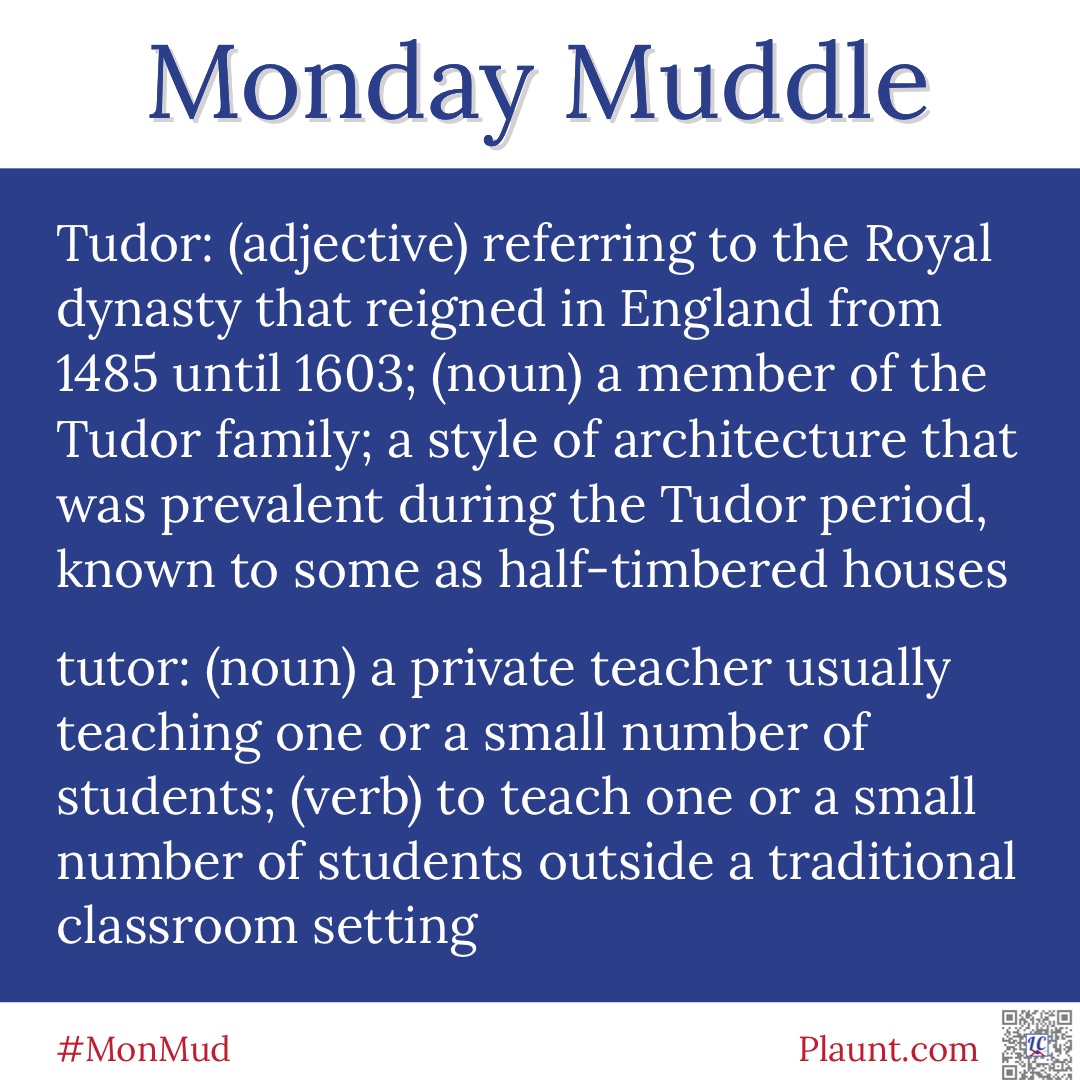
If you are weary of a situation, you are tired of it. You want to be done with it. If you are wary of a situation, you are paying close attention.
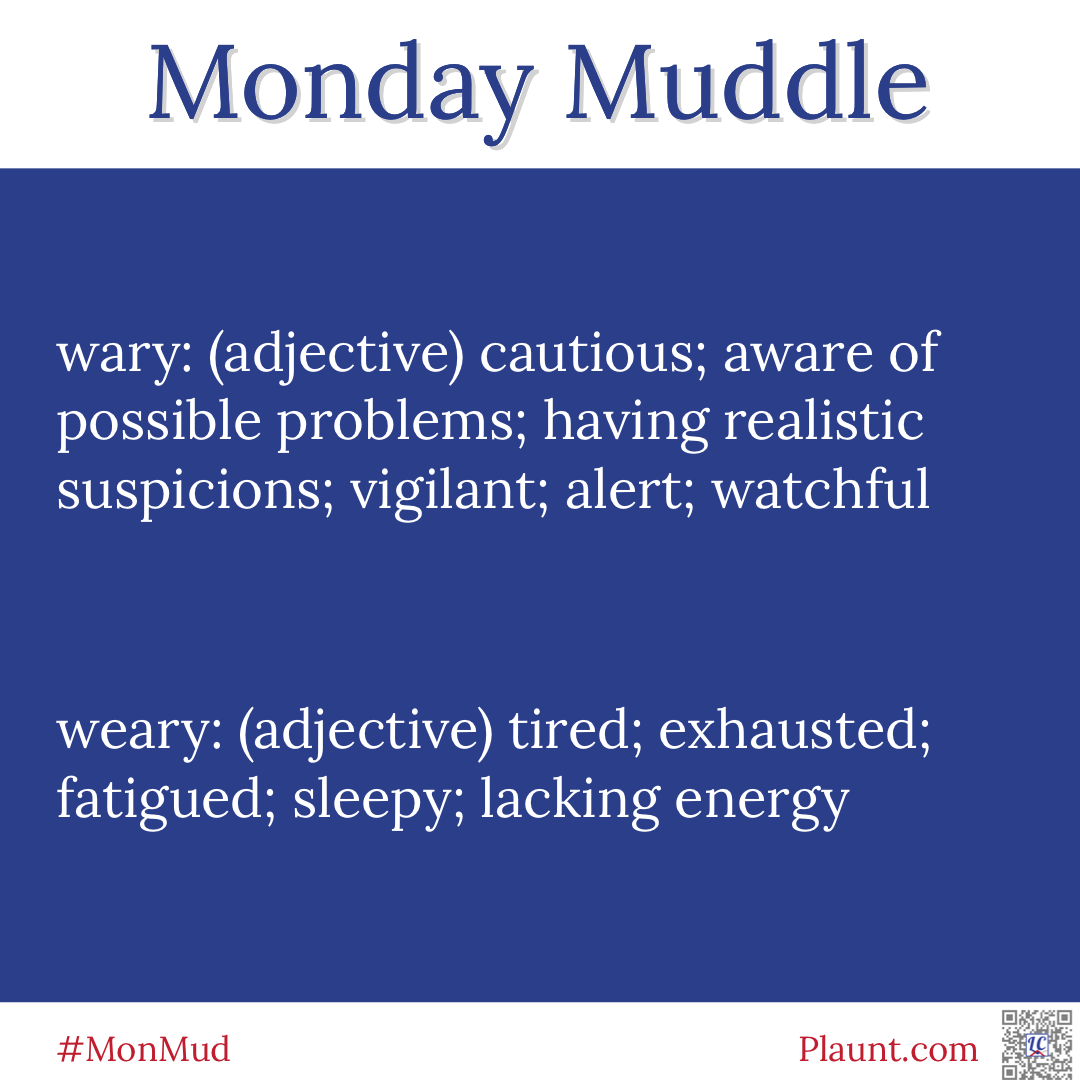
You exacerbate a situation, and you exasperate a person–potentially because you exacerbated a situation.
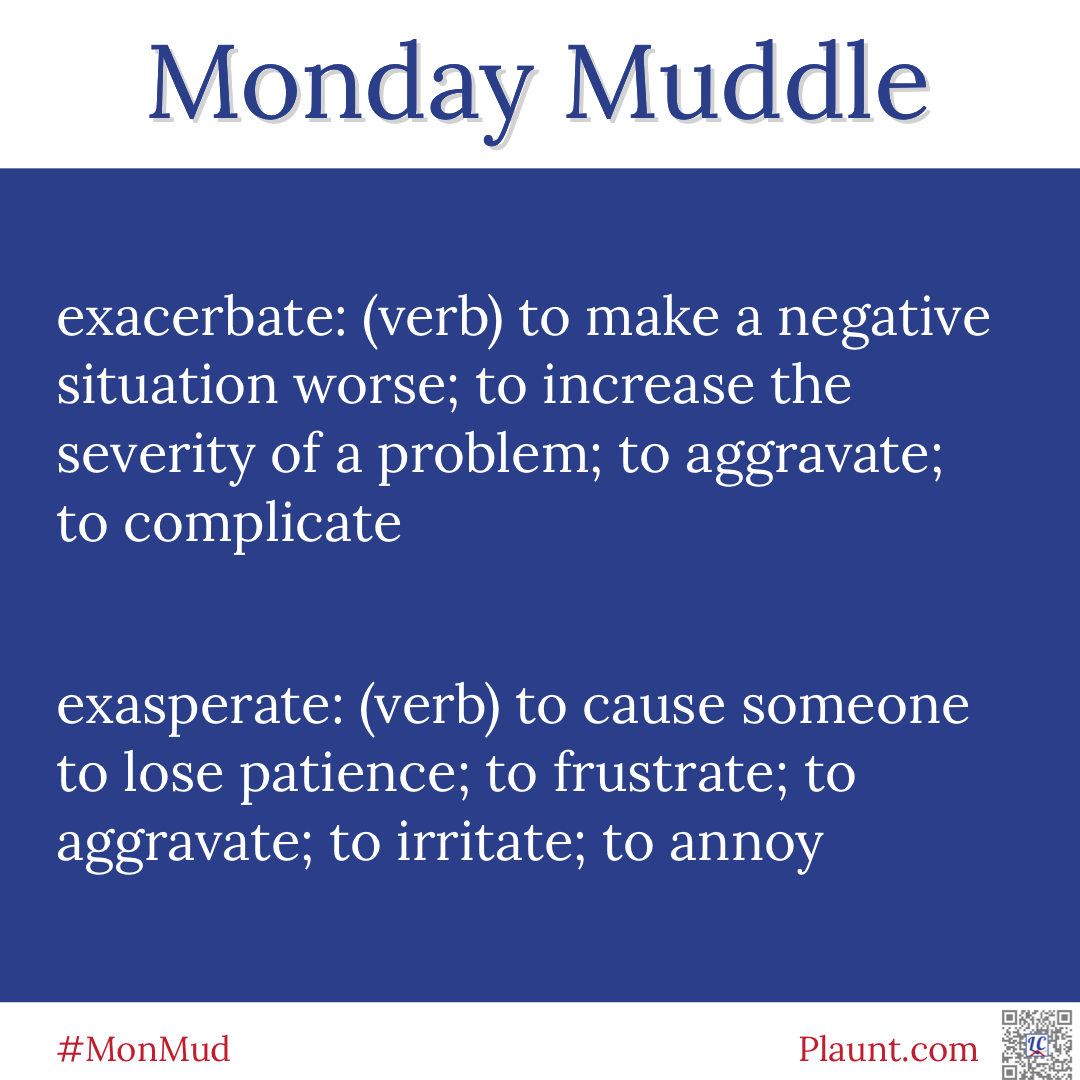
It is better for an author to create a backlist than to create a backlog.
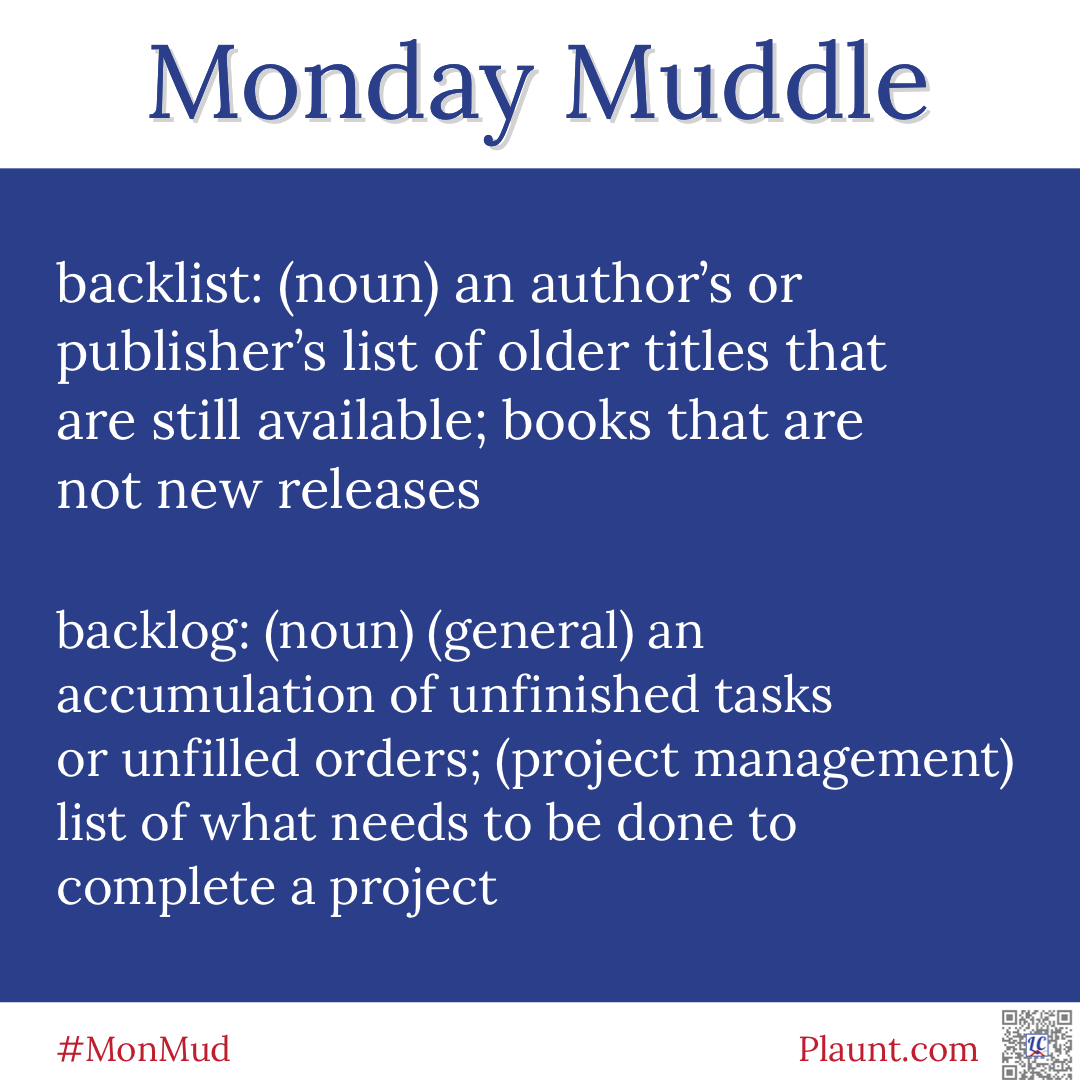
Please share if you think this would be helpful for someone.
